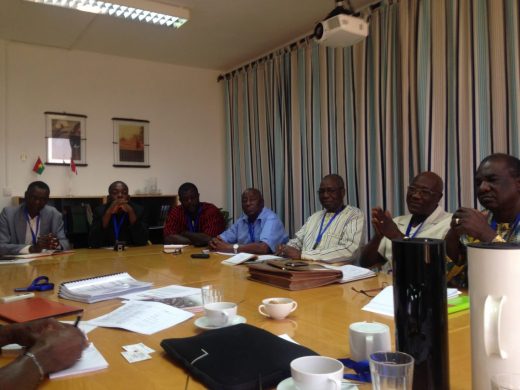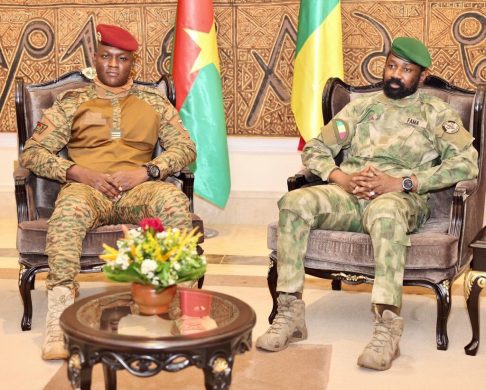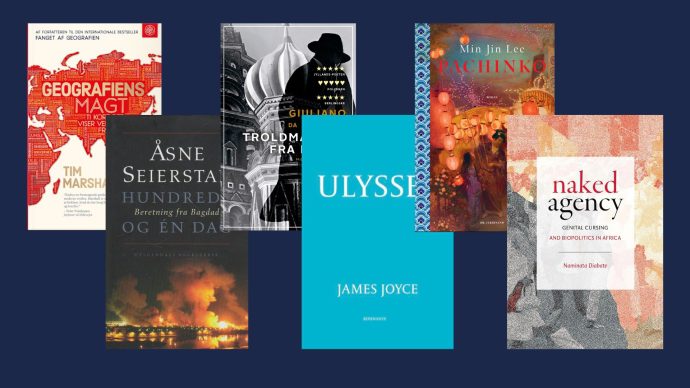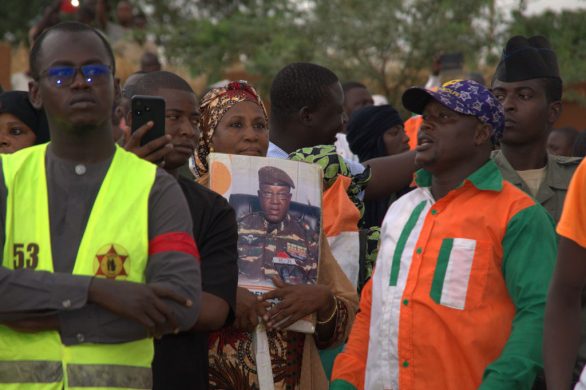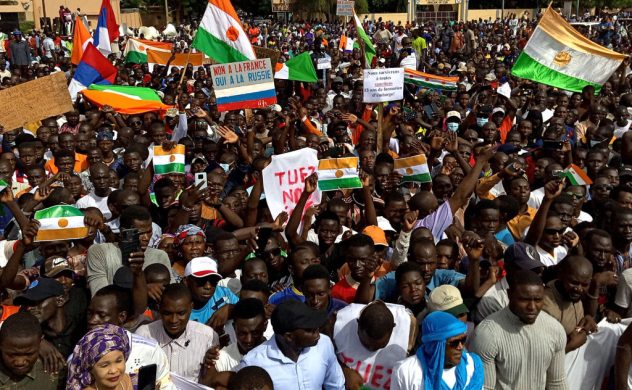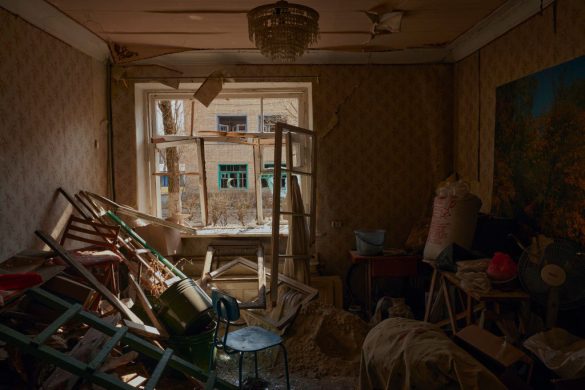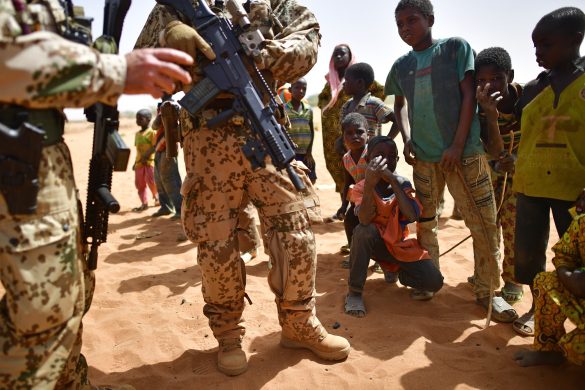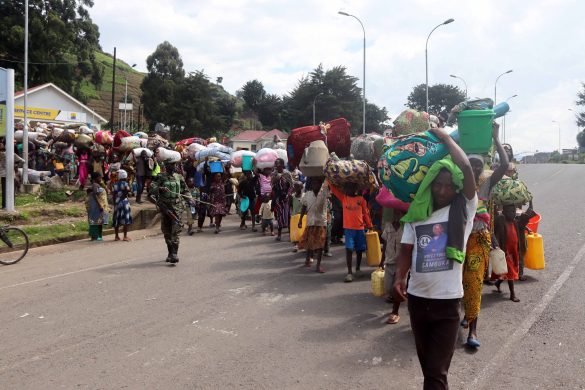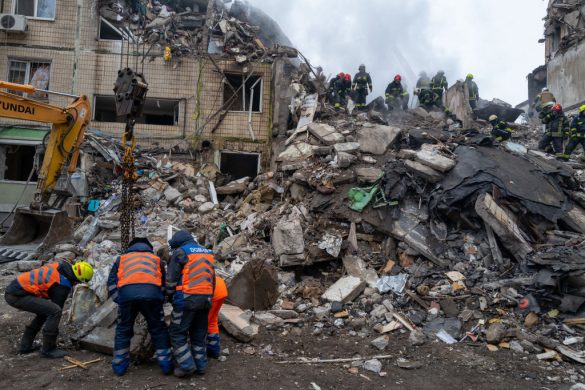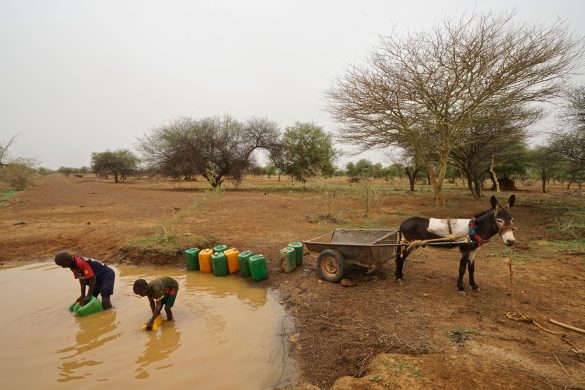KØBENHAVN (DIPD): Burkina Faso is a Sahelian country that faces most major problems a low-income country can face: extreme poverty, climate degradation, terrorism and migration. In addition, the lack of good governance and democratic stability is a serious challenge.
In October and November 2014 Burkina Faso experienced an up-rising that led to the toppling of the regime in place since 1987. The up-rising and change of regime were followed by a transition which led to the 2015 general elections that signified a change of direction in the country’s tumultuous political history.
Burkina Faso today operates in a vibrant multi-party system in which multiple political parties across the political spectrum run for elections, but with very few having the capacity
to win elections, separately or in alliance.
The multiparty cooperation project
Thanks to the availability and interest of all 14 parliamentary parties the second planning mission conducted by DIPD Head of Global Programmes Hanne Lund Madsen and Justin Doure, EISA, consulted with the parties on their strategic needs and challenges and the possible avenues of engagement. Hanne Lund Madsen underlines: “It is very encouraging that the parties agree to work together to enhance the culture of multiparty dialogue and cooperation among them- especially in view of the past conflicts and the tense political climate”.
The overall purpose of the project is to promote and enhance political parties democratic functions in Burkina Faso and in particular assist in an improved representation of women and youth in the party structures. Moreover, the project will assist in creating a space for political dialogue and cooperation between the parties and addressing issues of joint concern.
The project will be implemented through an electoral cycle approach accompanying political parties in the process towards 2020 where the general elections are due to take place. The capacity development approach of DIPD will be employed and due to the high tension political climate the best entry points will be sought along the way. Breaking the ice among the parties will be facilitated by a first joint multiparty delegation visit to DK. Moreover, the offering of technical trainings that can bring parties together on neutral ground and pave the way for facilitated dialogue sessions later.

